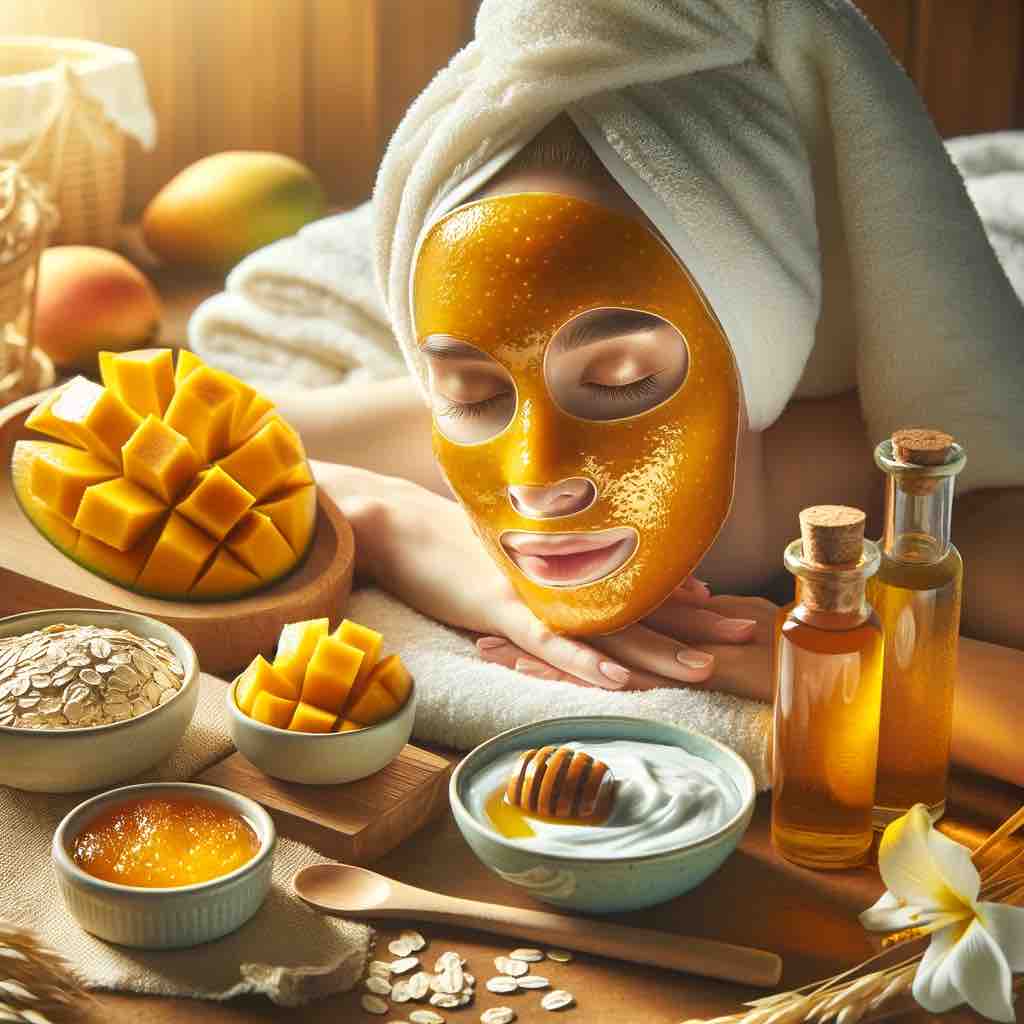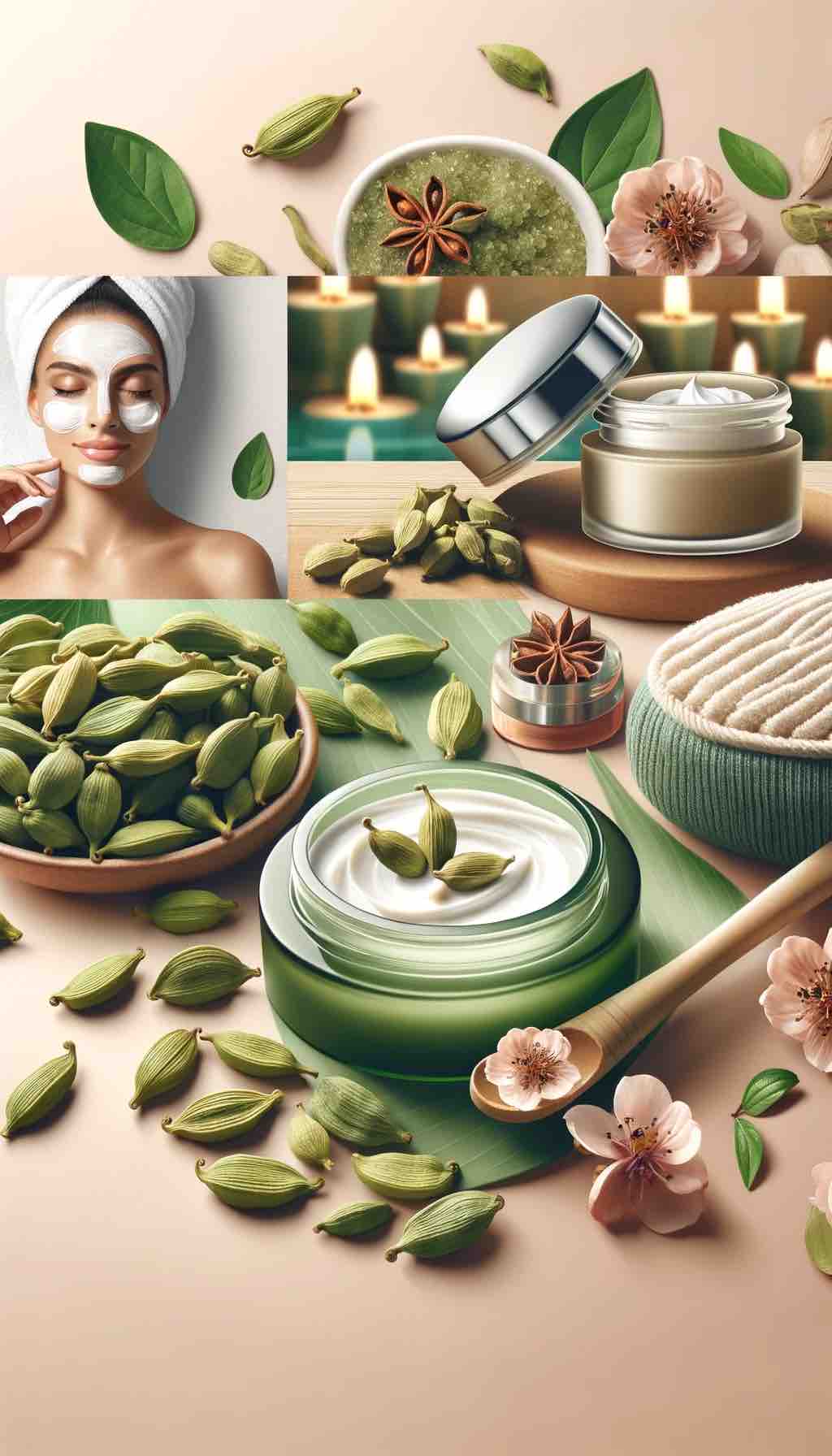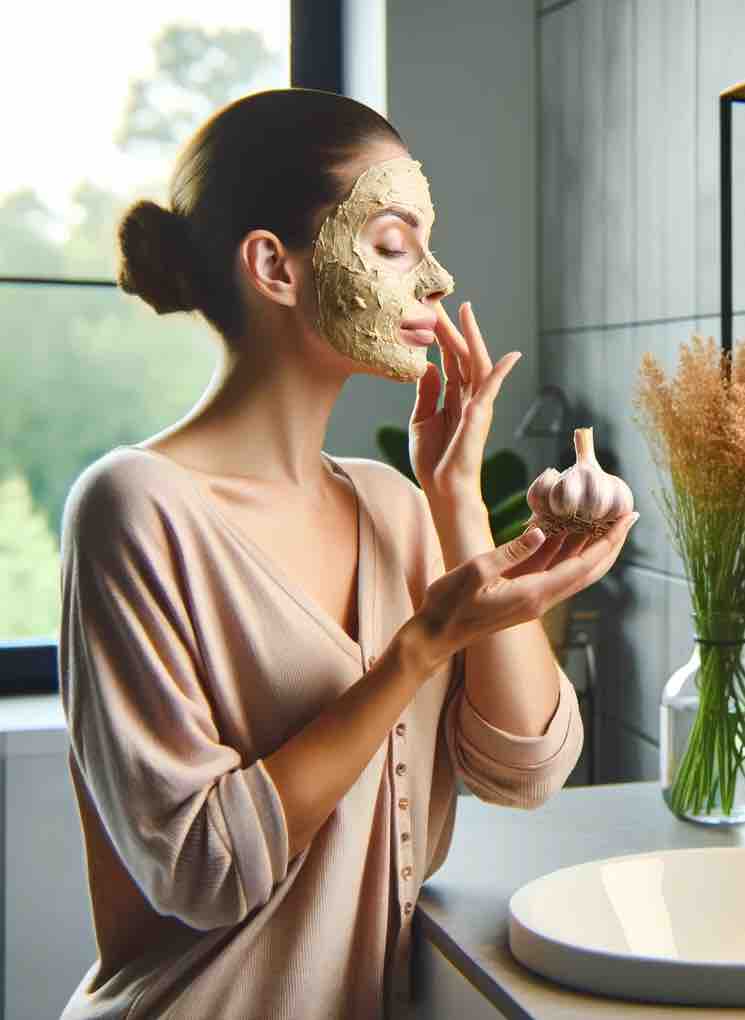
Mangoes, often celebrated as the “king of fruits,” are not just a delight to the palate but also a boon for the skin. Rich in vitamins, antioxidants, and hydrating properties, mangoes offer a plethora of benefits for maintaining healthy, glowing skin. The original article from Masala Monk outlines these benefits, emphasizing how mangoes can hydrate the skin, fight against aging, and provide a natural glow. Let’s delve deeper into the wonders of mango for skin care, enriching the content with detailed insights and practical applications.
Mango: A Fruit for Skin Radiance
Beyond their succulent taste, mangoes are laden with nutrients essential for skin health. They are a potent source of vitamins A and C, antioxidants, and polyphenols that work synergistically to protect, rejuvenate, and nourish the skin.
Unveiling the Skin Benefits of Mango
- Hydration and Nourishment: Mango’s high water content and natural sugars help to hydrate and deeply nourish the skin, making it appear more plump and vibrant. This hydration is crucial for maintaining elasticity and preventing dry, flaky skin.
- Antioxidant Protection: Rich in antioxidants like vitamin C, mangoes help shield the skin from environmental damage caused by pollutants and UV radiation. These antioxidants also combat oxidative stress, which can lead to premature aging.
- Collagen Stimulation: Vitamin C in mangoes plays a critical role in collagen synthesis. Collagen is the protein responsible for keeping our skin firm and youthful. By promoting collagen production, mangoes help reduce fine lines and wrinkles, ensuring the skin remains supple and youthful.
- Complexion Enhancement: The vitamin A and beta-carotene in mangoes are known for their skin-brightening properties. They help in reducing dark spots, blemishes, and acne scars, leading to a more even and radiant complexion.
- Soothing Properties: Mangoes have anti-inflammatory and calming effects on the skin, making them beneficial for soothing irritation, redness, and acne. Their application can help in managing conditions like eczema and psoriasis.
- Natural Exfoliation: The presence of alpha-hydroxy acids (AHAs) in mangoes facilitates gentle exfoliation. By removing dead skin cells, AHAs help reveal fresh, radiant skin underneath and prevent clogged pores.
- Anti-Inflammatory Effects: The unique antioxidants and bioactive compounds in mangoes, such as mangiferin, offer anti-inflammatory benefits. They help in reducing swelling and redness, promoting a healthy, clear complexion.
Incorporating Mango into Your Skincare Regimen
- Mango Face Mask: Puree fresh mango flesh and apply it as a mask for a hydrating and brightening effect. Leave it on for 15-20 minutes before rinsing with lukewarm water.
- Mango Scrub: Mix mango pulp with a natural exfoliant like oatmeal or sugar for a refreshing scrub. This homemade scrub can remove dead skin cells and improve skin texture.
- Mango Butter: For intense moisturization, use mango butter, which is extracted from the kernel. It’s particularly effective for dry skin areas, offering deep nourishment without leaving a greasy residue.
- Dietary Benefits: Consuming mangoes can also impact skin health positively due to their rich nutrient profile. The internal nourishment provided by mangoes complements their topical benefits.
Precautions and Recommendations
While mangoes are generally beneficial for the skin, it’s important to note:
- Patch Test: Always do a patch test before trying new topical treatments, especially for those with sensitive skin.
- Moderation: When using mango-based products or homemade preparations, moderation is key to avoid any potential irritation.
- Allergic Reactions: Individuals with latex or fruit allergies should proceed with caution when applying mango topically.
Conclusion: Mangoes – Nature’s Gift for Skin Health
Embracing mangoes, both in your diet and skincare routine, can significantly enhance skin health, offering a natural, effective way to achieve a radiant, youthful complexion. As we uncover the myriad benefits of this tropical fruit, it becomes clear that mangoes are not just for relishing but are also a powerful ally in our skincare arsenal.
Blog Tags
mango for skin, hydration, antioxidants, natural skincare, collagen production, skin brightening, anti-inflammatory, homemade skincare, dietary health, natural exfoliation












